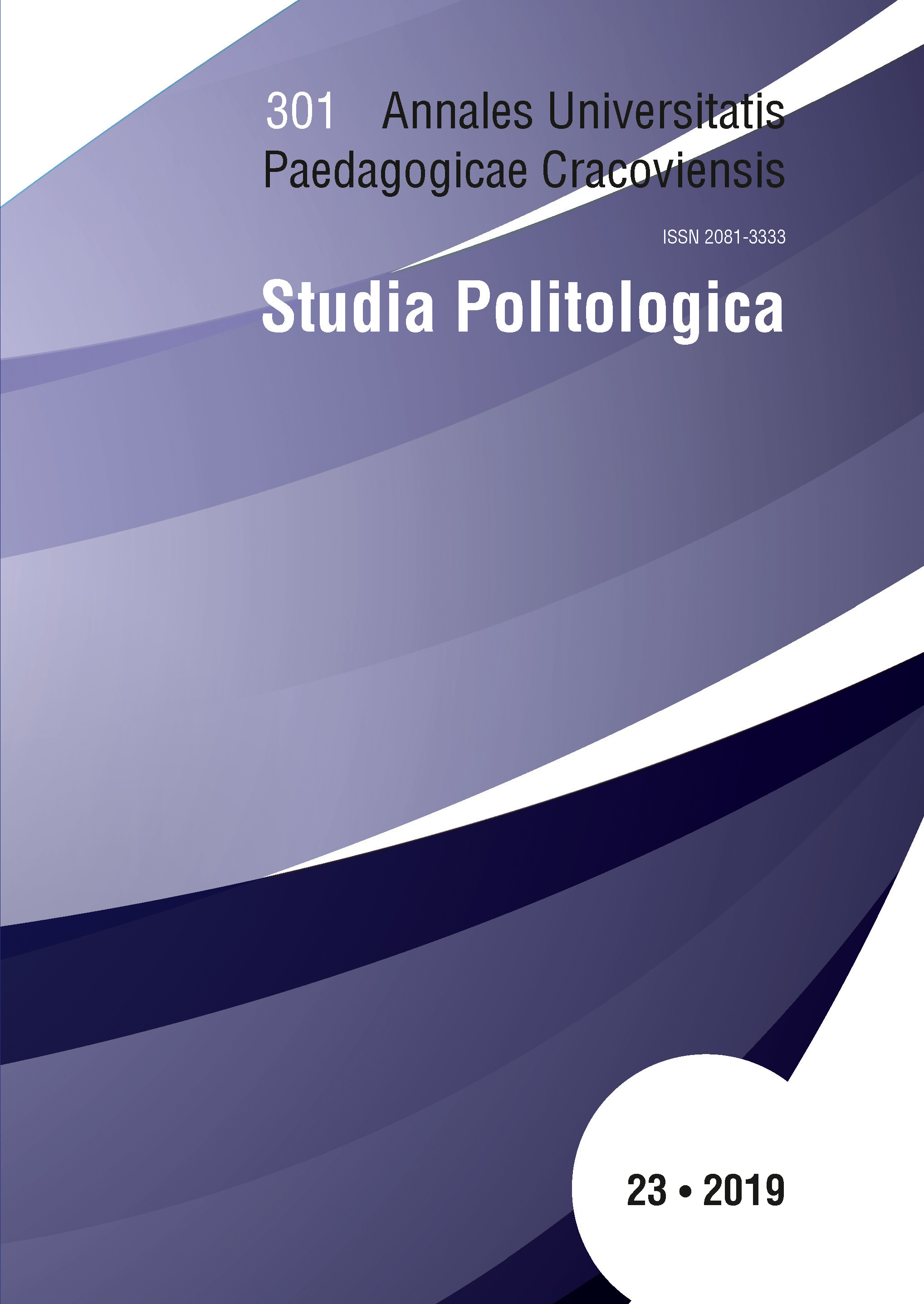Security policy of a state and subjectivity of individuals. Screening processes as the area of potential interest of the Ombudsman
Abstract
In this article, the author discusses the expansion of the principle of disclosure in parts of the state’s security policy which regard screening procedures that make it possible to access classified information by those interested in the work or service in particular public spheres. To reduce the risk of the state organs making decisions based on extra-substantive factors, the author postulates to include the Ombudsman in the above procedures. This person would balance the position of the parties engaged in the procedure and strengthen the protection of the rights and freedoms of individuals. In a broader context, this idea, built on the premise of preventing undesirable phenomena related to concessions on citizens’ subjectivity, should increase their trust in the state’s security policy. They need to be convinced that proper organs, with secure positions within the political system, hold competences allowing them to make justified interventions that protect the citizens. It will not, however, change the face of the discussion of great importance for the future of the state - on individual citizens resigning from a part of their rights and freedoms in favour of security.Downloads
Issue
Section
Scientific paper
License
Redakcja przyjmuje do druku teksty oryginalne, wcześniej niepublikowane. Treść czasopisma jest dostępna na licencji Creative Commons (CC-BY-NC-ND 3.0 PL)
Licencja ta zezwala na wykorzystanie materiałów opublikowanych w czasopiśmie w celach niekomercyjnych np. komentarza, krytyki, informacji, archiwizacji, nauczania lub prowadzenia badań, z poszanowaniem aktualnie obowiązującego prawa autorskiego (ustawa z dnia 4 lutego 1994 r. o prawie autorskim i prawach pokrewnych Dz.U. 1994 nr 24 poz. 83 z poźn. zm.). Zgodnie z wymogami licencji, konieczne jest dokładne podanie źródła cytowania lub parafrazowania oraz zachowanie tekstu w oryginalnej postaci (zakaz tworzenia utworów zależnych).

